Ozohu Adoh realised early that creating cult beauty brand Epara was going to be so much more than a successful business she relates: “I have always liked looking good…I am passionate about skin….But what I did feel was I wasn’t served.” For the Nigerian born, UK based oil and gas professional, funicular eczema had left her complexion damaged with skincare regimens from various premium brands failing to shift the condition, in spite of the lofty claims on the packaging. Her desire to find a long term solution resulted in a decision “to go back to my African roots and understand what exactly I could get from Africa that would be good for my skin… keying into what was available in African botanicals and formulating products myself”
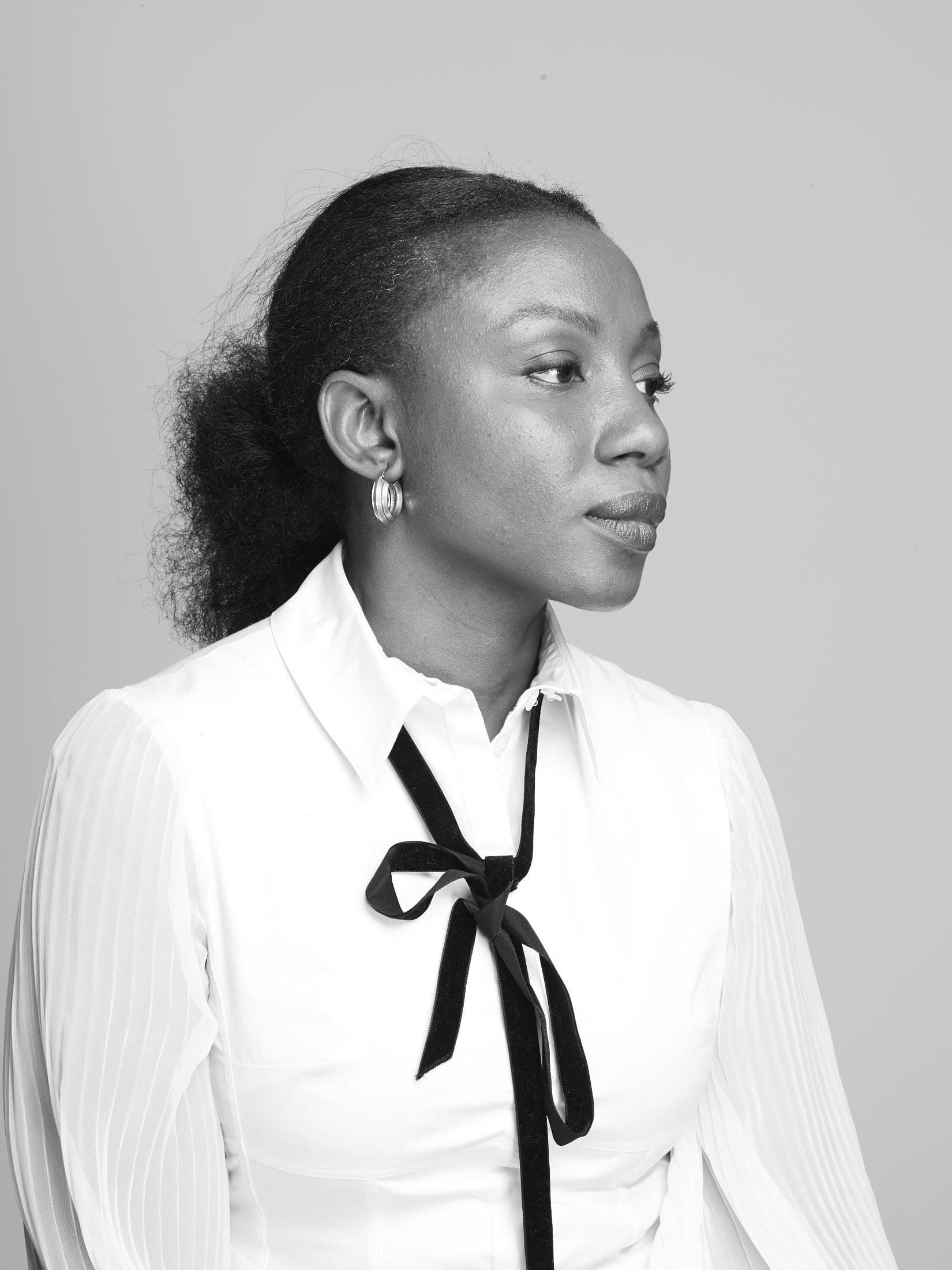
Thus began the three year journey that resulted in the launch of Epara in 2017, the first luxury skincare line for women of colour. As with any business person who embarks upon a vision greater than themselves, in this particular instance transforming the product offerings, global perceptions and reception to women of colour’s skincare needs, she is not an easy lady to pin down for an interview. But she set aside time for us Bella Stylistas between her busy globe-trotting schedule to share the story of the brand that has created a seismic shift in the beauty industry in Africa and beyond.
Key to Epara’s success which is stocked in luxury retail citadels such as London’s Harrods and Lagos’ Alara was a spirit of intentionality that reflects Ozohu’s own impressive career and academic background. This was not a case of producing concoctions herself, inviting friends to at-homes and hoping for the best, but rather having a serious and considered approach to entering the market: “Fortunately I had some friends who were strategy consultants who helped me research …they found our most favourable responses were all from women of colour. We now started to understand that the existing market offering was deficient. Products didn’t cater for the level of melanin in our skin.” With data supporting her initial premise of women of colour not fulsomely considered by existing brands, the Oxford University graduate set her mind to raising capital for the start-up: “In London with the capital markets I was able to take this idea to investors… .yes, there were certain expectations that investors wanted, one of them being I was completely dedicated. But I was ready ,and quit my job even though friends thought I was crazy at the time.”
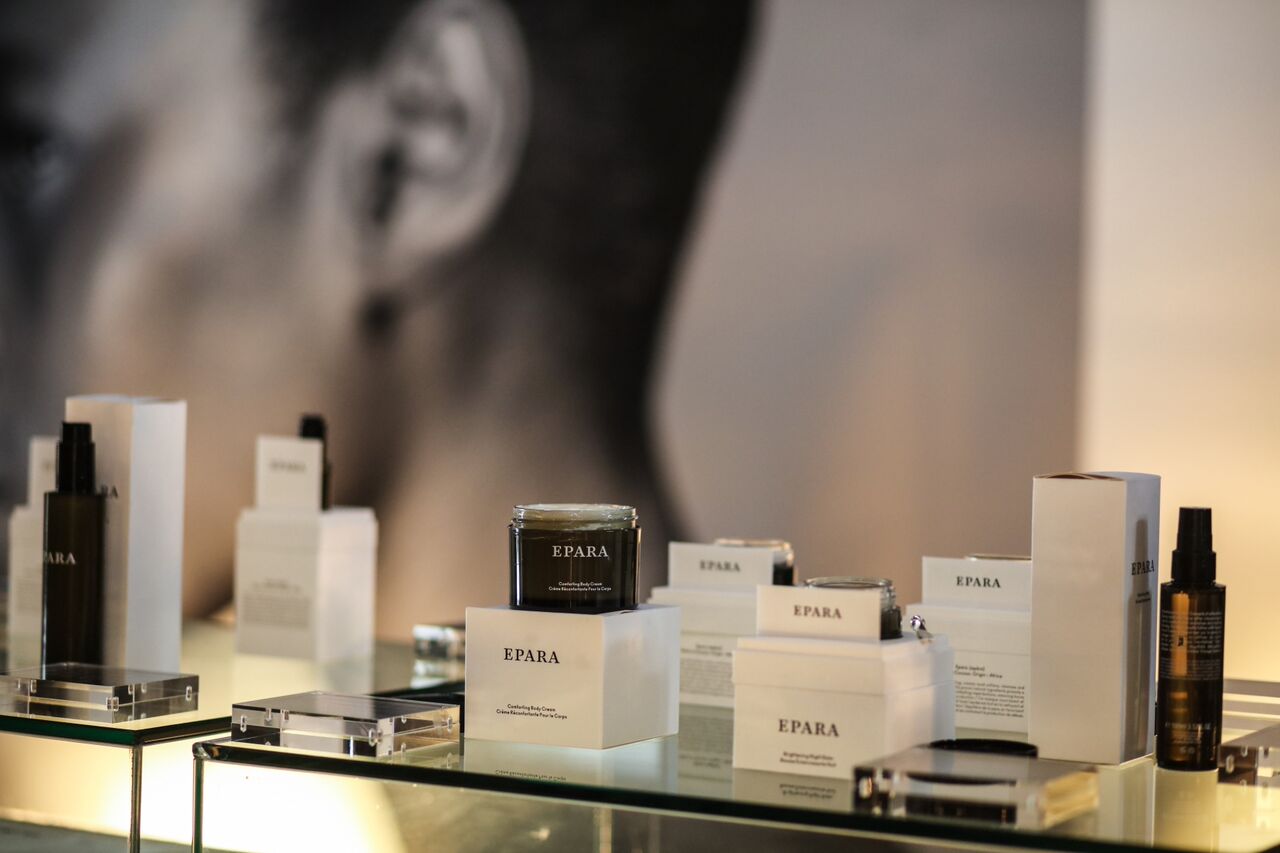
Timing has also played a pivotal role in Epara’s success so far. The investment dividend in Africa is hard to ignore and, middle and upper-middle class women of colour are statistically some of the world’s highest spenders on cosmetics. Whilst Epara operates from dual locations with production and sourcing being split between Africa and Europe, its identity and message is steeped in Ozohu’s heritage and her optimism for Nigeria and Africa at large. Talking of the brand’s social media handles that celebrate the multifarious all round fabulousness of being a woman of colour she remarks: “ Some people don’t get it and ask why don’t you just post pictures of the product but this brand is so much more. You can call it an African brand but it is basically a luxury offering being authentic to its African roots and projecting that to the world which is why we didn’t give it an English or French sounding name we wanted it to have a very authentic African connection because I am very proud to say I am African and I am trying to offer a taste of Africa in its most curated form in regards to skincare.” In a year that has seen an African appointed the editor of British Vogue, an all-black model edition of the Pirelli Calendar and increased visibility of African luxury brands globally, socio-economic and cultural circumstances have aligned beautifully. Ozohu is candid in her assessment of the big brands’ pivot towards inclusivity which has seen the like of Lupita Nyong’o become a face of Lancôme and Adwoa Aboah the face of Marc Jacobs Beauty noting: “The big brands have always known that this market exists but there has never been an impetus to go ahead and serve us. We have thrown the gauntlet down to existing players in the market and so they are now having to respond.” But as the Epara products themselves reveal ,it is so much more than seeing a reflection of ourselves on a billboard or a glossy magazine, with premium skincare lines rising and falling on the results delivered. Luckily for her the customer-base for Epara continues to grow with Maison Mara in Cape Town the latest luxury emporium to stock the brand and with more outlets in Nairobi expected in the year.
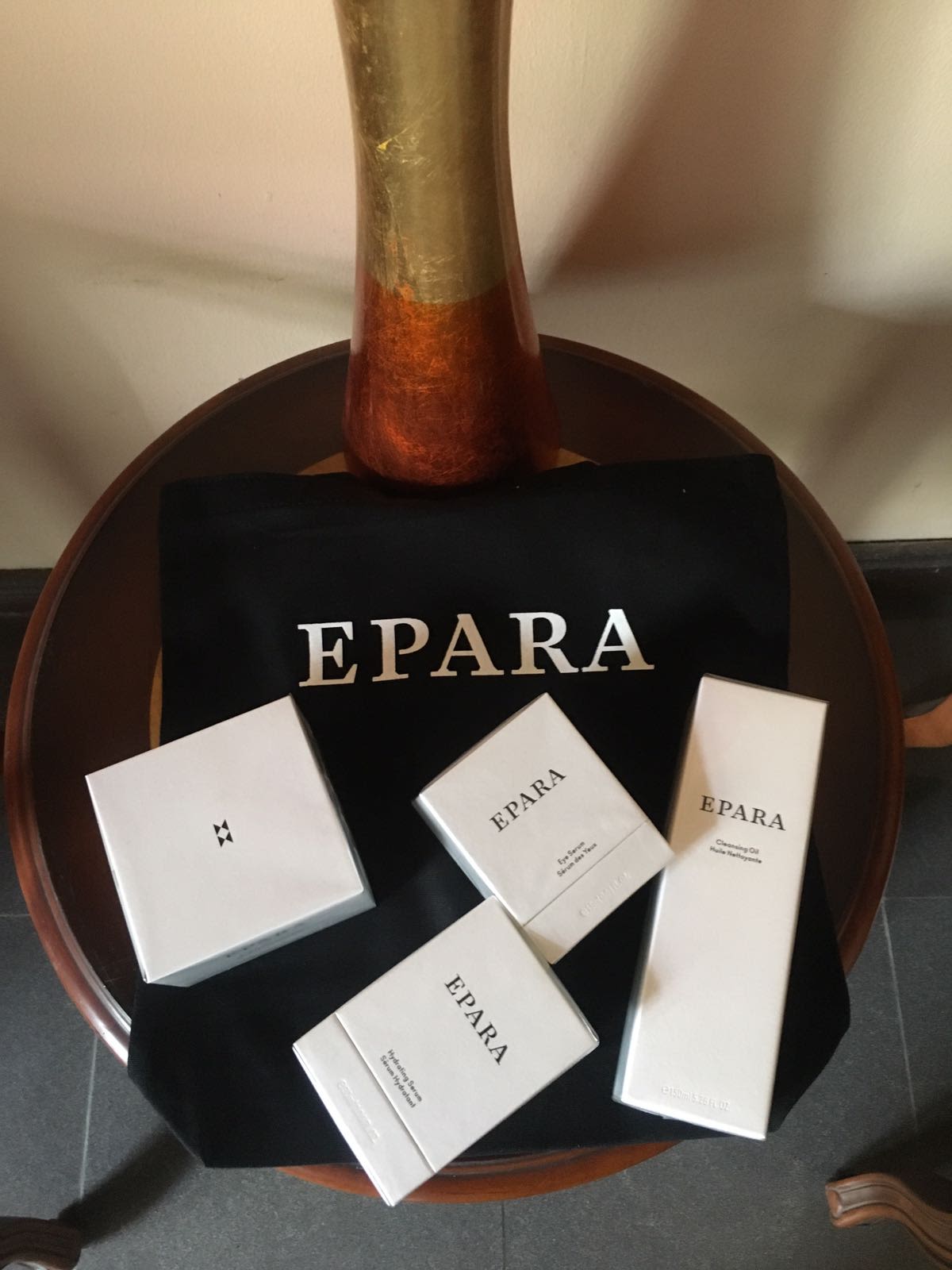
As with many a female entrepreneur, Ozohu has achieved her successes whilst navigating the juggle of motherhood and marital domesticity. A mother to five, she does not consider her multi-tasking skills any more remarkable than the next woman:” Here’s the thing if you are passionate about something nothing seems an obstacle and basically your mind just overcomes. I am married, l have got five kids but I also have a goal and a vision for my business…However, I won’t underrate the difficulty for mothers to try to do things they love as well as juggling looking after the children who they absolutely love as well. My encouragement to women is to say it is not insurmountable and to keep pushing ahead.” It is an encouraging call to arms especially on International Women’s Day where we are reminded of the importance of self-actualisation regardless of gender and creating an enabling environment for women to thrive.
Spending time with Ozohu one is struck by the phenomenon that is the grown African woman. Confident, tenacious, focused and with a warmth that makes her engaging company it is no surprise that she has created a brand that is the essence of quality, has harnessed a team that is committed to service excellence and received the buy in of hard-nosed investors. For a business to endure in the fickle and competitive market of beauty, the visionary behind the brand has to be every bit as compelling as the products. Her approach harks back to the matriarchs of beauty : women such as Estée Lauder, Elizabeth Arden and Helena Rubinstein who created global brands from scratch. In Ozohu’s capable hands it seems likely that Epara will join this fabled pantheon in years to come.

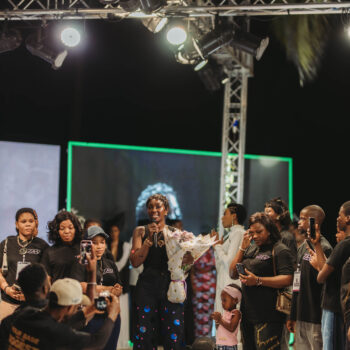
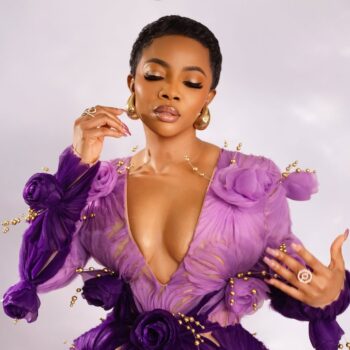
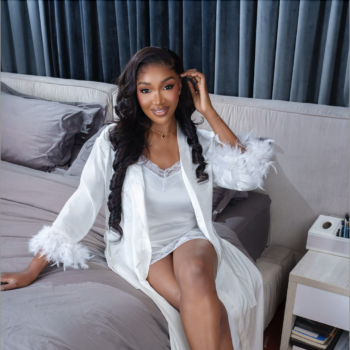

[…] Ozohu Adoh’s Epara Proves Beauty is Beyond Skin Deep […]